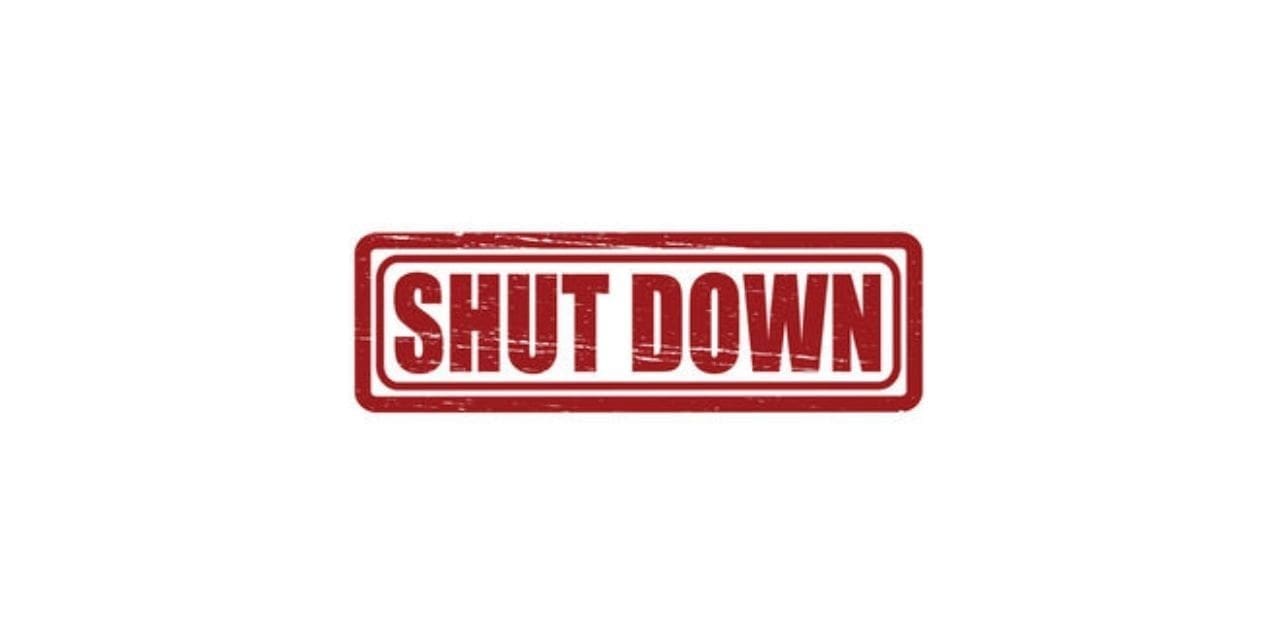From shoes and sweaters to car components and coffee, Vietnam’s rigorous and lengthy coronavirus ban has resulted in product shortages among global companies such as Nike and Gap, which have become increasingly reliant on the Southeast Asian country’s manufacturers.
The snarl-ups in Vietnam’s factories are part of a bigger worldwide issue that is sending inflation soaring and creating fears about the global economy’s pace of recovery.
The Vietnamese textile mill director says she worries daily if the factory can keep the lights on after output plunged by 50 per cent due to spring’s devastating virus wave. The factory’s fabric is later used in swimwear and sportswear for customers including Nike, Adidas and Gap. A complex web of checkpoints and confusing travel permit regulations have made life impossible for truck drivers and businesses trying to move goods across, as well and in and out of, the country. Leading business associations warn 20 per cent of their manufacturing members have already left Vietnam. The pandemic has not only hit the country’s textile industry but is also threatening global coffee supplies.
Up to 90 per cent of supply chains in Vietnam’s garment sector were broken, the Vietnam Textile and Apparel Association (Vitas) said in August. Some factories were able to set up a system where staff could eat, work and sleep on site to get around lockdown restrictions, but the cost was prohibitive for many. The delays and restrictions are a major headache for foreign businesses, many of which have pivoted to Southeast Asia from China. Vietnam is one of the lucky few to have escaped the virus pandemic largely unscathed. Nike and Adidas are looking to temporarily shift production out of Vietnam, with 20 percent of its members already leaving the country. The pandemic has not only hit the country’s textile industry but is also threatening global coffee supplies, with prices at four-year high.

